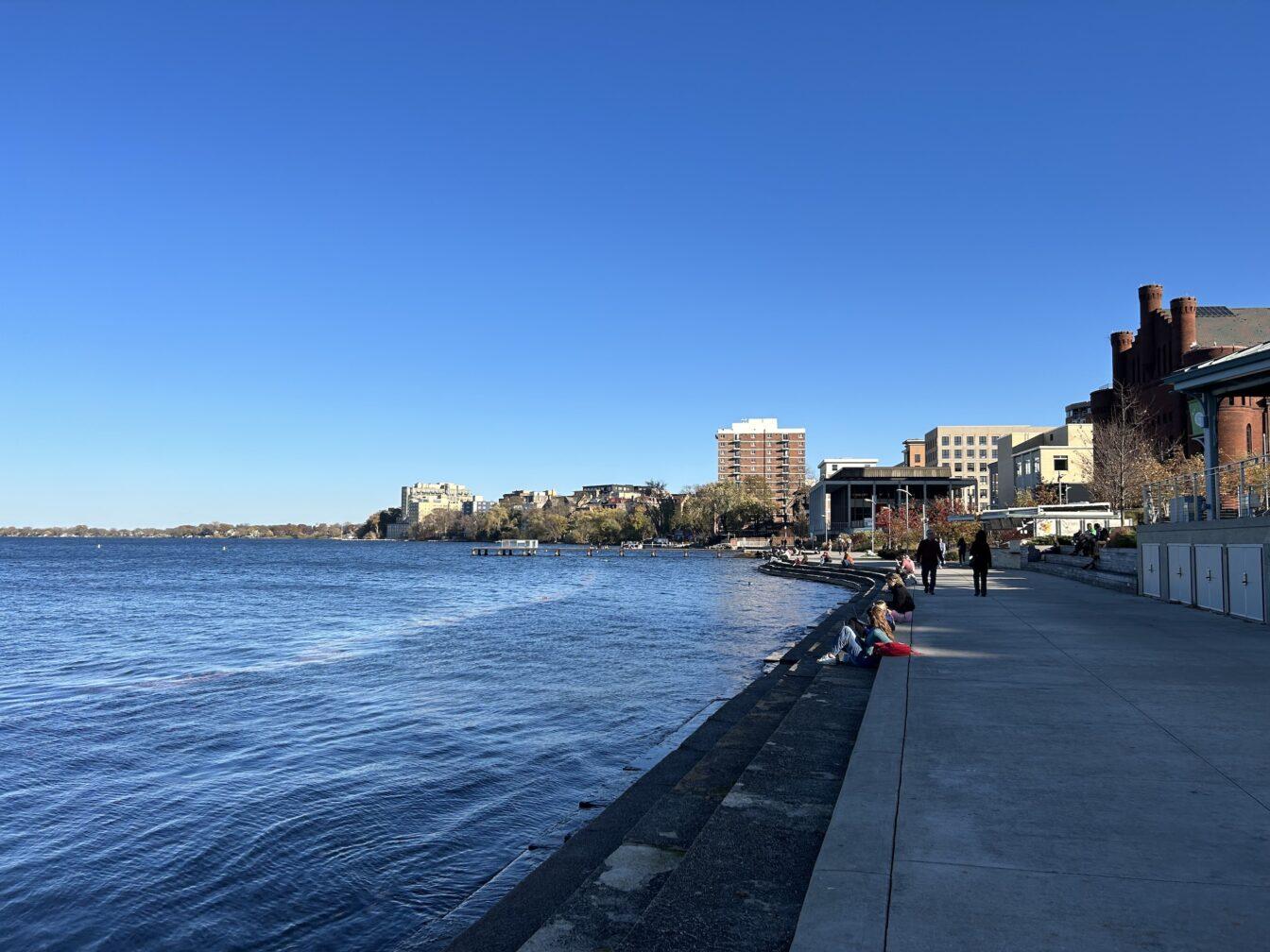This winter — the time period that includes December, January and February from a meteorological perspective — will be the warmest that Wisconsin has ever seen, according to Assistant Wisconsin state climatologist at the University of Wisconsin Center for Climatic Research Ed Hopkins. While this warmer weather can be in part attributed to climate change, Hopkins warns that Wisconsin’s current temperatures cannot solely be explained by it.
“You can’t take every storm or whatever [weather event] and say that it was due to climate change,” Hopkins said. “You have to take a look at the climate trends and how frequently we have storm systems, how frequently we have relatively warm days and nights.”
Besides the influence of climate change, these temperatures are caused partly by the occurrence of an El Niño event. This is a weather and ocean pattern in the eastern equatorial Pacific Ocean that causes uncommonly warm temperatures to surface waters, according to National Geographic. Not only is this occurrence associated with warmer air temperatures but also increased precipitation. In order for a season to be characterized as an El Niño event, water surface temperatures must reach around half a degrees above average. Currently, temperatures have reached an increase of around two degrees Celsius, effectively proving the strength of this event, according to Hopkins.
In previous years, Wisconsin’s climate has been characterized by the converse weather pattern of an El Niño — a La Niña event, Hopkins said. These events are marked by unusually cold surface-water temperatures to the Southern Pacific ocean, according to National Geographic. These conditions are routinely changing and Hopkins expects that Wisconsin will experience a shift soon.
“The climate prediction center is coming up with an outlook that all of a sudden in the next few months after April or so that the El Niño will weaken, and we will have ENSO-Neutral condition which means that there is no El Niño and no La Niña and we have a few months were we have neutral conditions,” Hopkins said. “Then all of a sudden, later on in the northern hemisphere summer we will start to go into a La Niña, there’s a good probability.”
Madison experienced the largest temperature swing in history from Feb. 27 to Feb. 28, going from 70 degrees to 11 degrees within 24 hours, a 59 degree shift, according to the National Weather Service. The previous record for largest temperature swing was set in 1976.
For some, the higher temperatures were a disruptive factor that impeded the ability to perform winter activities.
For instance, the UW Hoofers club — a student organization that focuses on outdoor activities such as sailing, climbing and hiking — was unable to conduct their usual winter trips, according to Hoofer’s Gear Chair Daniel Niemi in an email statement to The Badger Herald.
“Around this time we would usually be sending out cross country skiing trips and hosting snowshoeing/winter social events,” Niemi said. “We had a downhill skiing trip planned for last weekend in the Porcupine mountains but it got changed to a backpacking trip in Iowa at the last minute due to the UP [Upper Peninsula] having no snow.”
Despite this challenge, the club plans to adapt to the changing climate in their pursuit to achieve their goal of promoting the learning of the outdoors, according to Niemi.
In the following weeks, club members will take advantage of the thawing ice to start water-oriented activities sooner, such as kayaking and canoeing, Niemi said. Another benefit of the temperatures is that more trips may happen earlier in the semester when in past years the club has hosted less trips in the months of January through March.












